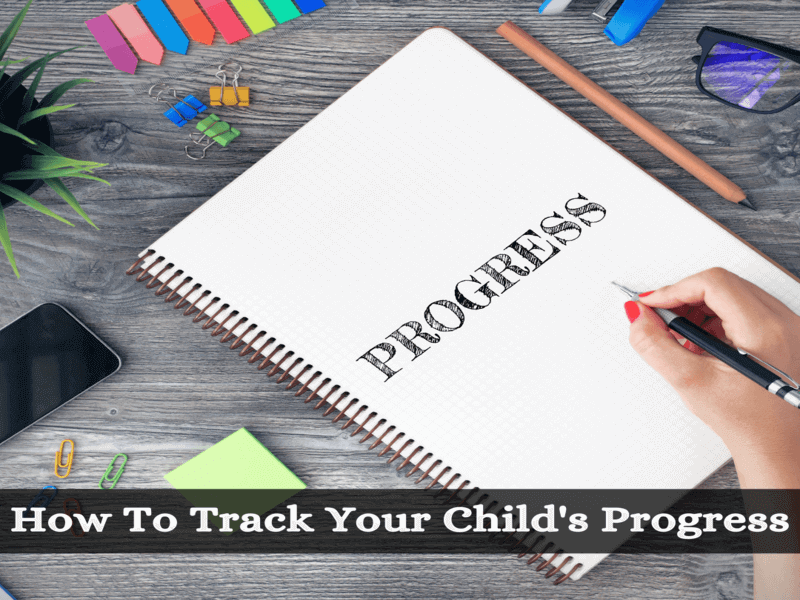

Tutoring is a long term process and it takes time before you see your child’s progress in any subject. What you can do before you start your child’s tutoring is to take some steps to make a list of techniques and goals that you would like to achieve and see in your child.
This will require you to have some good communication skills. First of all you need to decide what goals you want to see in your child once that you start your child’s tutoring this includes the following:
1. Increase the knowledge
If you want your child to know more about the subject then it is better to guide them about the applications of the knowledge they are about to learn. This helps children learn quickly and with interest.
They will be able to grasp that information quickly and it will increase their capability. If they are actually interested in the subject, they will proactively join in on the course. You can ask them random questions and get their insight.
2. Specific Grade
If you want your child to get a specific grade then your approach must be slightly different. You can ask the tutor to arrange tests and past papers that will gradually increase the capability of your child to handle tough questions and solve papers.
Once this is done he might be able to tackle more difficult questions. You can ask the tutor to explain the concept behind the problem they are solving. This can backup your child’s cognition and processing. Overall your child will be getting smarter and more confident once he knows he can achieve that grade.
3. More Confidence in abilities
Building up confidence can be a two-way thing because it requires that your child has knowledge and problem solving skills. These both will combine to make your child boost up his self-esteem and there are techniques that your tutor can use while tutoring.
Ask your children to make assignments and give presentations so that their communication skills get better. Becoming better with presenting and communicating automatically raises the confidence of the person, because they can manage to convey the message.
4. Speak To the Tutor
You can speak to the tutor about what your goals are and how you want to know about the progress of your child. You can ask them about daily reports on assigned tasks, tests and past paper reports .
You can track their progress this way and be effective at it. You and your tutor both can plan out a way to deliver your work. This can be done by asking questions and making a roadmap.
The following is a considerable list of questions that you can ask them:
Now you can ask these questions and have detailed answer to this. You can ask these questions on a weekly basis that will help you more in getting to know about the actual progress without much interference and time from your side.
5. Speak To the Teacher
Tutoring is just one part of your child’s education. Your child might still be going to school and it is important that you get to know more about your child’s progress and participation over there.
You will get to know more about your child from over there and this can save you time, money and extra effort.
You can ask the teachers the following questions if you like to:
These questions will help you to know about your child’s progress in school and how he participates, the relationships he have with his teachers and much more. This will also let your child know that you are interested in your child’s academics and your child will try to be better in it.
This is basic psychology that your child will tend to improve or do better out of knowing that if he doesn’t he might get punished.
6. Speak To Your Child
The best way is to track your child’s progress is that you ask your child about his interests and where he is lacking the necessary requirements, understanding and skills that he needs.
Your relationship with your child will prove to be quite helpful. They will reach out to you themselves. They will actively participate and study with more ease. You can ask your child the following questions:
Your child will most probably share a lot with you after you asking these questions. After all of this make sure that you stay patient because you will not be seeing any improvement starting off the first lecture. You will see change slowly and gradually and that is how it works best.